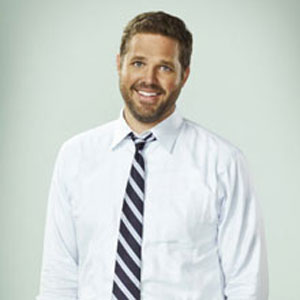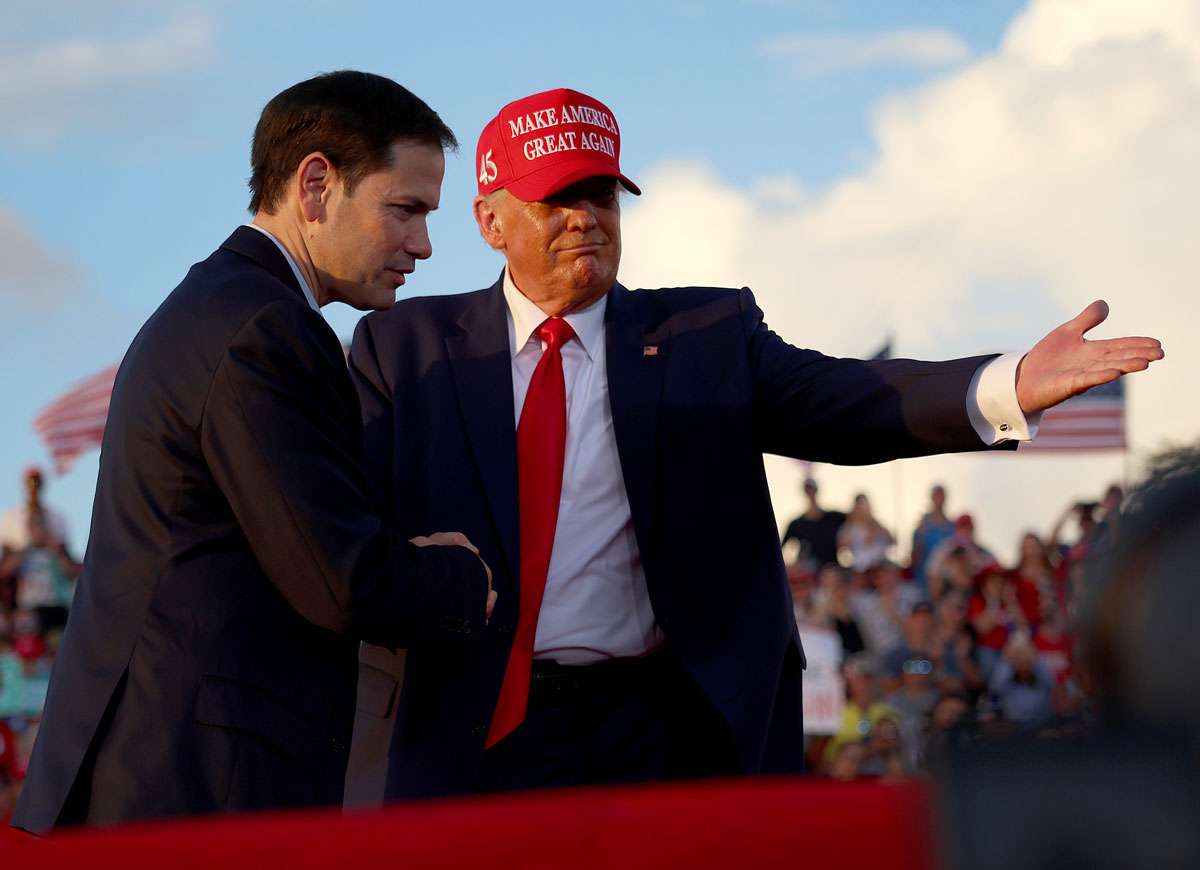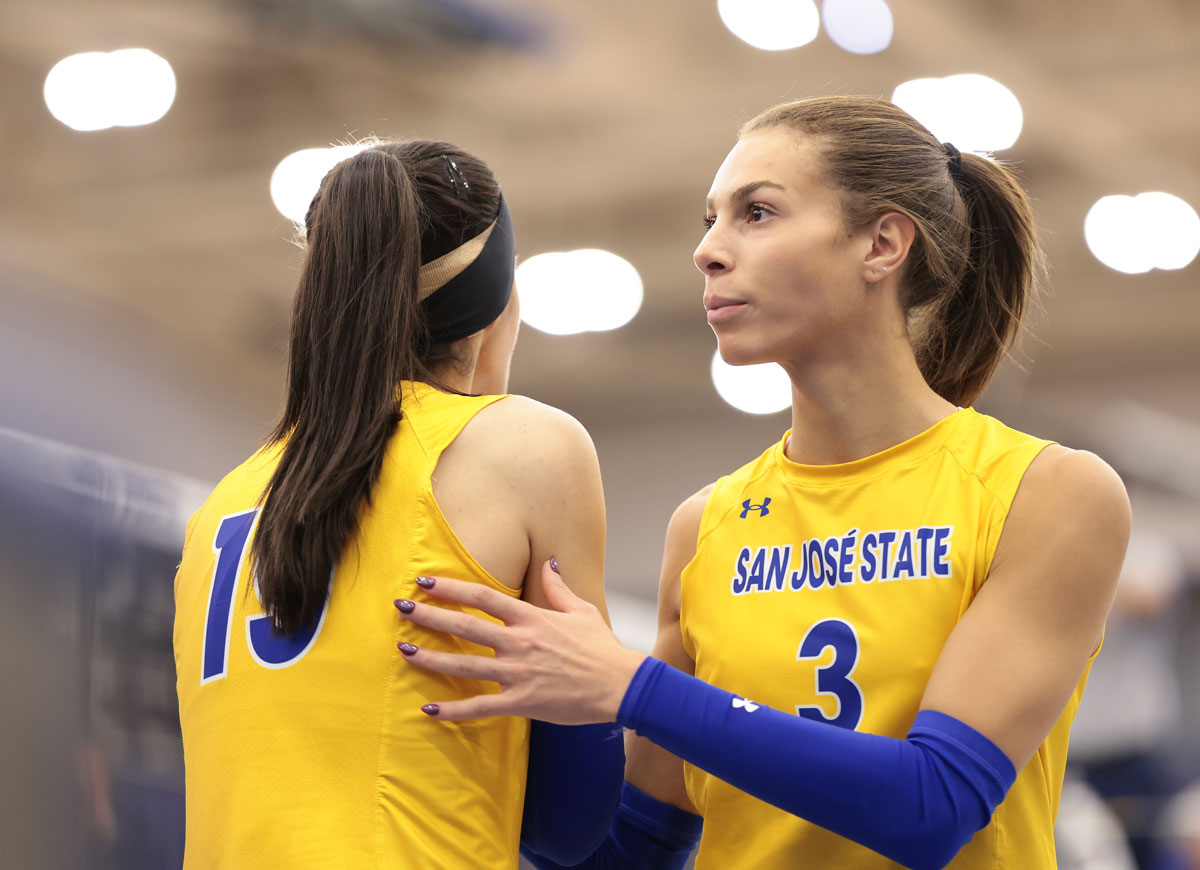David Denman On 'Traffic Light,' 'The Office'
David Denman is the star of Traffic Light, the new FOX series that follows Glee and Raising Hope, and Denman's character, Mike Reilly, puts a male spin on the rom-com. Denman was born in Newport Beach, Calif., and attended Julliard with Grey’s Anatomy star Sara Ramirez, where he received his BFA. He has made a number of television appearances in series such as The X-Files, CSI: Miami, Angel, Grey’s Anatomy and Brothers and Sisters. His first long-term recurring character in a television series was on The Office, where he played Roy Anderson, the fiance — and then ex-fiance — of Pam Beesly (Jenna Fischer). Denman's first major film debut was alongside Keanu Reeves and Gene Hackman in The Replacements. Since then he has had small roles in films like Out Cold, Big Fish, Smart People and Fanboys.
In Traffic Light, based on the Israeli series Ramzor, Denman plays Mike, a married man who tries to balance his marriage with his relationships with his male buddies, Adam (Nelson Franklin) and Ethan (Kris Marshall). Denman compares acting on Traffic Light to working as part of an ensemble cast like The Office. “It’s rare, really rare when you work with people 12 hours a day and you’re like, ‘Hey what do you want to do after this?’" Denman told Uinterview exclusively. “That doesn’t really happen. You know, it happened on The Office at a certain point early on. So the dynamic of the set was very creative and very loose.”
Well, there are a lot of decent jokes that people go to with the husband and wife that are unhappy. I think it's harder to write and, I think, smarter to write good comedy when you actually have a happily married couple, because you have a conflict that isn't as strong as when you're not. You know it's easy to go to that ball and chain. Our producers didn't want to do that – they're both happily married. In the original series [in Israel], that's what the relationship was. This guy was a completely beat down guy, and he ended up being divorced at the end of the first season. I didn't like that idea at all. I told him I didn't want to do that. So he changed it. There's actually quite a few changes from the Israeli show, but that was the big one in my storyline arc. There was a lot of talk that we want to do a type of Mad About You show with answers back and forth. For me, one of the things I gravitated toward in the script initially was that relationship. And I’m a big fan of that show Friday Night Lights, and I thought that that marriage was one of the most realistic and sort of relatable ones that I’d seen on television probably ever, so that was kind of the bar we were trying to go for.
Well, I think it’s always interesting in that most women I know that have watched the show, think it’s great to see the guy’s point of view about this stuff and that there’s nothing more entertaining than to see the guys sweat it out trying to make their spouses happy. I think somehow, you know, that’s every girl’s dream. The guy may screw it up, but at least he’s trying. And for the most part these are really, solid, good guys who are trying and who mess up all the time, but our intention is to see they’re in the right place. If it doesn’t come across that way, then we’re like, “Ugh.” But that’s the whole thing – relationships, communication and comedy. Messing up that communication and trying to resolve it and figure it out. I think it’s definitely intriguing to get the guy’s point of view, especially in a romantic comedy, and not in just a completely juvenile, goofy way, although we do get pretty juvenile at times. But we’re trying to be a little bit realistic, and that’s the thing that I liked when I read the script. It sounded like people that I knew – for any one of these characters I know like three or four guys who’ve been in these roles, and I liked the idea of telling the stories in a not cartoonish way. Our producer has a mantra that every story in the writer’s room had to come from something that the writers actually experienced or a really close friend of their’s did, that was a real story. Not just something they thought would be funny. And they encouraged improv all the time, so whenever we were doing a scene, you know we never improvised plot, but in the dialogue within the scene we would improv the banter back and forth, and if something just didn’t ring true in that scene, it was like, “That’s all right we’ll do something else,” or, “What do you think? How about this? How about that?” So, creatively it was just incredibly fulfilling to work in that tone and in that way. And hopefully that translates because the whole goal was to try to be relatable and realistic but still be funny.
Well, honestly I’ve done ten pilots before this one. On every pilot I’ve worked on, they thought it was going to run for ten years. Only one of those did, and that was The Office. But the surprising thing was the chemistry between just the three guys – all of us – and that’s rare, that’s what they’re always looking for. Trying to find chemistry between a cast and you know, the guys, we genuinely hit it off right away, and we never met each other before. But we spent a tremendous amount of time off camera, going out to bars and hanging out. It’s rare, really rare when you work with people 12 hours a day and you’re like, “Hey what do you want to do after this?” That doesn’t really happen. You know, it happened on The Office at a certain point early on. So the dynamic of the set was very creative and very loose. There’s always a difference between doing the show, you have a lot of really smart people playing their intentions. You have a lot of smart people and sometimes it's hard to filter all those out to get to what the show is. And there was definitely a real sort of fighting spirit of, "You know what? If we’re not successful and the show doesn’t work, then fine. But we’re going to go down doing the show we want to do." We don’t want to go down trying to be what someone else wants to do and then it just doesn’t feel organic or authentic, and that was the sort of mantra of one of our executive producers.
Well, the big thing is we have a huge debt to The Office, as do a lot of comedies that are on television today because when The Office came out it was an entirely different sort of tone. There had been Arrested Development before that, which was similar camera comedy, which wasn’t very successful, but lasted four years and was critically acclaimed and won an Emmy and all that. But the landscape of comedy hadn’t become comfortable with a single-camera type show and there wasn’t a laugh track where we were telling you where to laugh and so, it was a lot more risky to do that type of stuff. And we all – everyone except for Steve Carell – had seen the original, and we were all fans of the original Office. He saw maybe about ten minutes and he said, “Turn it off. I can’t do that. The guy’s too good, I’m going to imitate him.” So he couldn’t watch it but he watched about ten minutes, so he knew what the idea was. But Ricky Gervais was so great in that role, and it’s really hard to sort out when someone is so iconic in a role. It’s hard not to like take on some of their mannerisms and characteristics when they’re so good and he didn’t want to do that and tried not to. But I think he did Michael Scott as a different guy than David Brent, but the rest of us, we’d all seen it so we kind of had it in our head, and I think as you watch those first few episodes of The Office, we were really trying to imitate the other show, some of it is pretty verbatim. But once the show got to its second season, and they started writing original episodes and started writing to those actors and we kind of got out of the shadow of the British version and sort of took on a life of its own, and got its own voice and, you know, it became a lot more broad compared to the original. And the storylines had a shift because the original show was only like 12 episodes.
Yeah, I don’t know. Unfortunately we’ve already shot all of our episodes, so we’ll wait 'til next season to do some sort of crossover. But that would be quite hilarious. We actually do have a couple of singers.
RELATED ARTICLES
Get the most-revealing celebrity conversations with the uInterview podcast!






Leave a comment